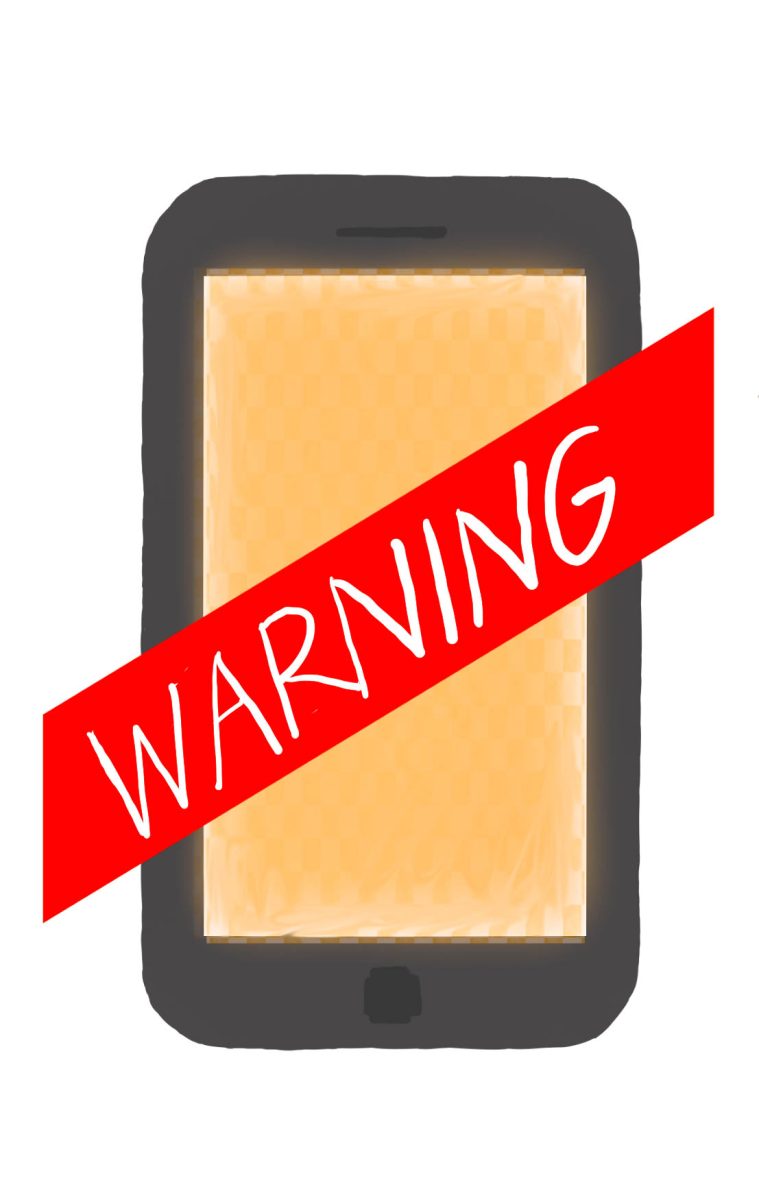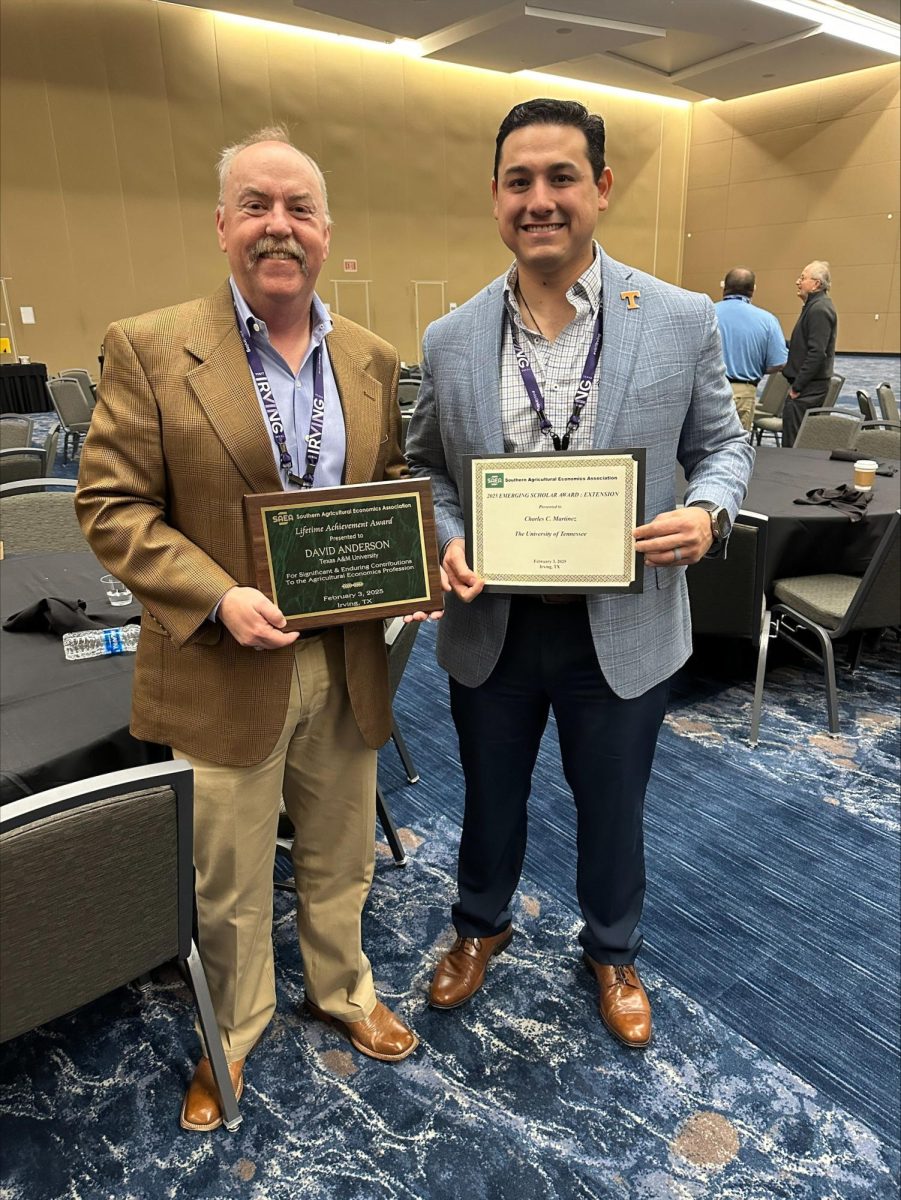This month, it became illegal in Texas to send someone a sexually explicit photo without establishing consent first.
House Bill 2789 is a piece of bipartisan legislation which mandates that as of Sept. 1, it is a Class C misdemeanor with up to a $500 fine to send an unsolicited lewd photo to someone virtually. The bill was filed by Rep. Morgan Meyer (R-Dallas) with the backing of Bumble, an online dating and relationship app that requires women to make the first move when connecting with male matches. The Austin-based company’s founder and CEO, Whitney Wolfe Herd, testified in the Texas House and Senate in favor of the act.
The bill defines an unsolicited lewd photo is one that depicts any person engaging in sexual conduct or with the person’s intimate parts exposed, or covered genitals of a male person that are in a discernibly turgid state. These images are unsolicited instead of consensual when they are not sent at the request of or with the express consent of the recipient.
Bumble Chief of Staff Caroline Ellis Roche said a poll of their users showed that one in three women had received an unsolicited lewd photo in their lifetime on some form of communication platform, such as texting, social media or email, among others.
“96 percent of those women said it made them feel violated,” Roche said. “It made them feel extremely uncomfortable.”
Texas A&M Title IX Officer Jennifer Smith said the law will bring awareness to the idea that unsolicited images are a form of sexual harassment.
“As we harness more technology for work and entertainment purposes, more and more people are going to misuse that technology and take advantage of other people,” Smith said. “We will need more laws to address that kind of behavior.”
Smith said punishment for sexual harassment at A&M can lead to reprimand, probation, suspension or expulsion.
“In addition to facing sanctions from the university for this kind of behavior, sexual harassment has now been criminalized, and it comes with a fine,” Smith said. “A&M has a Title IX sanctioning matrix that outlines the range of punishments that the university finds appropriate for all kinds of sexual misconduct. The range of punishment for sexual harassment varies based on the severity of the particular behavior.”
Roche said Bumble is doing their due diligence by making the effort to pass this legislation in various states and even on the federal level.
“This is in place to serve as a deterrent,” Roche said. “There are so many laws in the physical world — for example, flashing is illegal, and you can be put in prison for doing that. But that law did not, prior to this bill passing, translate to the digital space.”
The company is launching a new feature in the next few weeks called private detector. It uses artificial intelligence to identify lewd images and allow the user to block and report the image. The AI will detect and alert the recipient with 99 percent accuracy, Roche said.
“The internet is the wild west in many ways, and so this bill in many ways is adding a stop sign or a speed limit for the internet, if you will,” Roche said.
Amber Baylor, an associate professor and Criminal Defense Clinic director at the Texas A&M School of Law, said some speculate that the law might challenge the First Amendment.
“There a few ways the law might affect conversations on campus,” Baylor said. “It is unclear yet whether or not the law will survive constitutional challenges. There’s certainly a conversation around consent, and that conversation is important regardless of potential criminal prosecutions that may exist if the law would survive challenges.”
State law criminalizing unsolicited lewd photos takes effect
September 8, 2019
Photo by Graphic by Baysia Herron
One of many new laws to take effect in Texas this month makes sending a lewd photo without consent a Class C misdemeanor.
0
Donate to The Battalion
$2790
$5000
Contributed
Our Goal
Your donation will support the student journalists of Texas A&M University - College Station. Your contribution will allow us to purchase equipment and cover our annual website hosting costs, in addition to paying freelance staffers for their work, travel costs for coverage and more!
More to Discover










